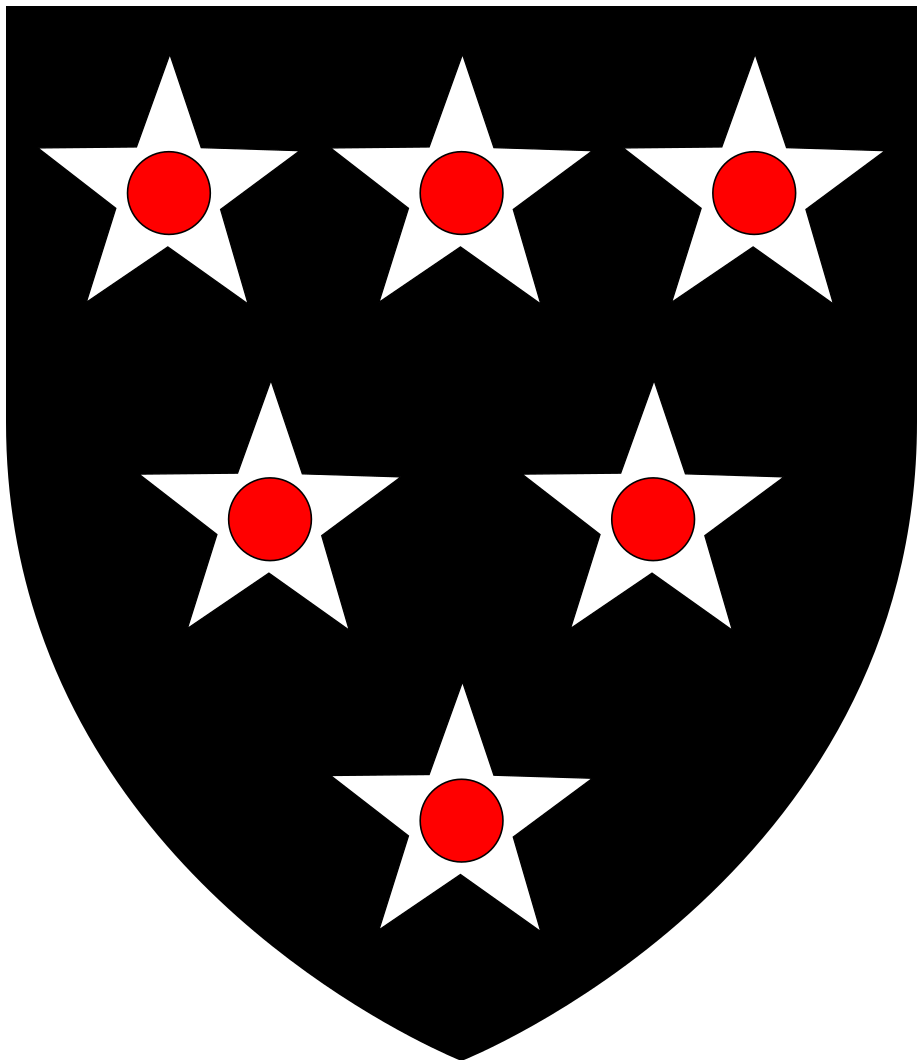Baron Bonville on:
[Wikipedia]
[Google]
[Amazon]
 The title of Baron Bonville was created once in the
The title of Baron Bonville was created once in the
 The title of Baron Bonville was created once in the
The title of Baron Bonville was created once in the Peerage of England
The Peerage of England comprises all peerages created in the Kingdom of England before the Act of Union in 1707. In that year, the Peerages of England and Scotland were replaced by one Peerage of Great Britain. There are five peerages in t ...
. On 10 March 1449, Sir William Bonville II was summoned to Parliament. On his death in 1461, the barony was inherited by his great-granddaughter Cecily Bonville, who two months before succeeded as Baroness Harington, with which title the barony merged until 1554, when both baronies were forfeited. From her death in 1529 to the forfeiture in 1554, the baronies were merged with the title of Marquess of Dorset
The title Marquess of Dorset has been created three times in the Peerage of England. It was first created in 1397 for John Beaufort, 1st Earl of Somerset, but he lost the title two years later. It was then created in 1442 for Edmund Beaufort, 1st ...
.
Barons Bonville
*William Bonville, 1st Baron Bonville
William Bonville, 1st Baron Bonville (12 or 31 August 1392 – 18 February 1461), was an English nobleman and an important, powerful landowner in south-west England during the Late Middle Ages. Bonville's father died before Bonville reached ...
(1392–1461)
* Cecily Bonville, 2nd Baroness Bonville, 7th Baroness Harington (1460–1529)
* Thomas Grey, 2nd Marquess of Dorset, 3rd Baron Bonville, 8th Baron Harington, 8th Baron Ferrers of Groby (1477–1530)
* Henry Grey, 1st Duke of Suffolk, 3rd Marquess of Dorset, 4th Baron Bonville, 9th Baron Harington, 9th Baron Ferrers of Groby (1517–1554), eldest son of the 2nd Marquess, was created Duke of Suffolk
Duke of Suffolk is a title that has been created three times in the peerage of England.
The dukedom was first created for William de la Pole, who had already been elevated to the ranks of earl and marquess, and was a powerful figure under Henry ...
in 1551. He was found guilty of treason
Treason is the crime of attacking a state authority to which one owes allegiance. This typically includes acts such as participating in a war against one's native country, attempting to overthrow its government, spying on its military, its diplo ...
, attainted
In English criminal law, attainder or attinctura was the metaphorical "stain" or "corruption of blood" which arose from being condemned for a serious capital crime (felony or treason). It entailed losing not only one's life, property and hereditary ...
and all of his honours forfeit in 1554. It also became abeyant in 1889 while still under attainder.
References